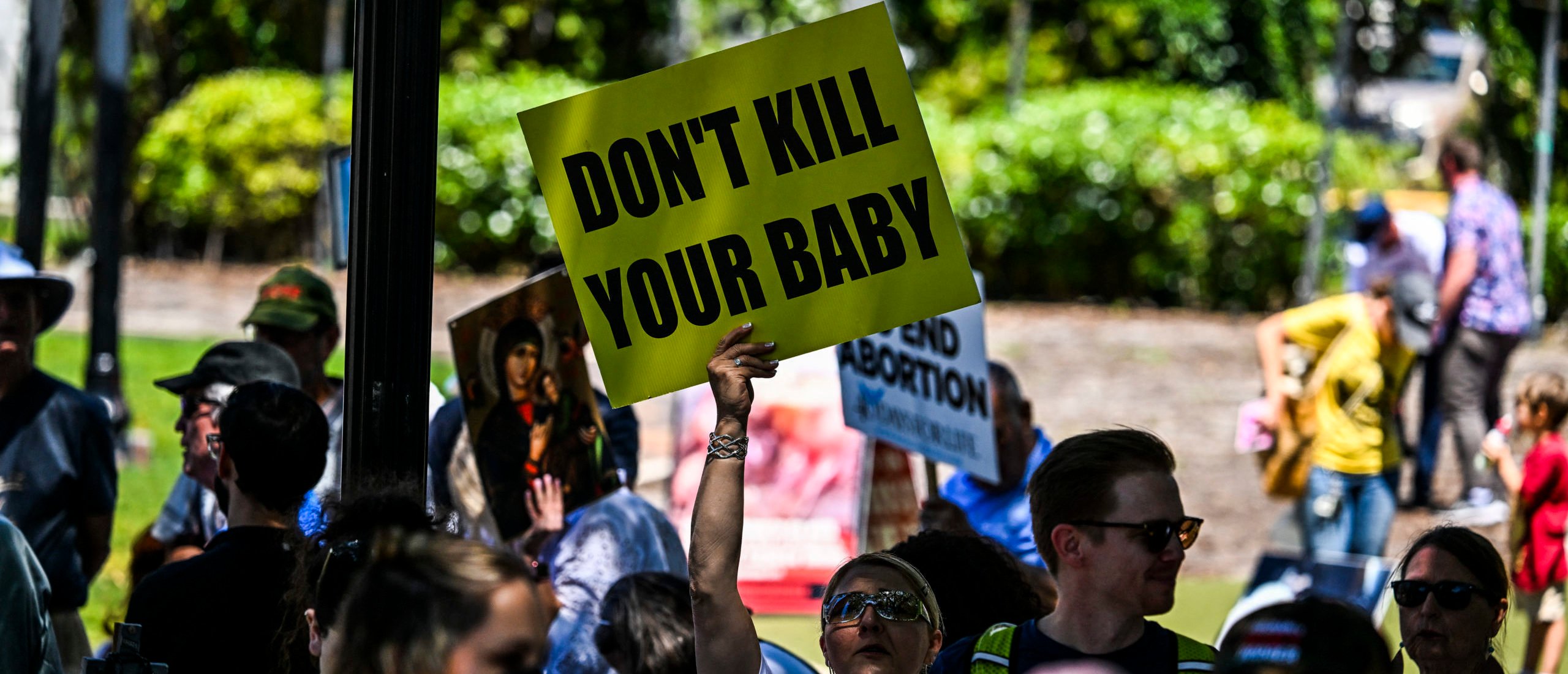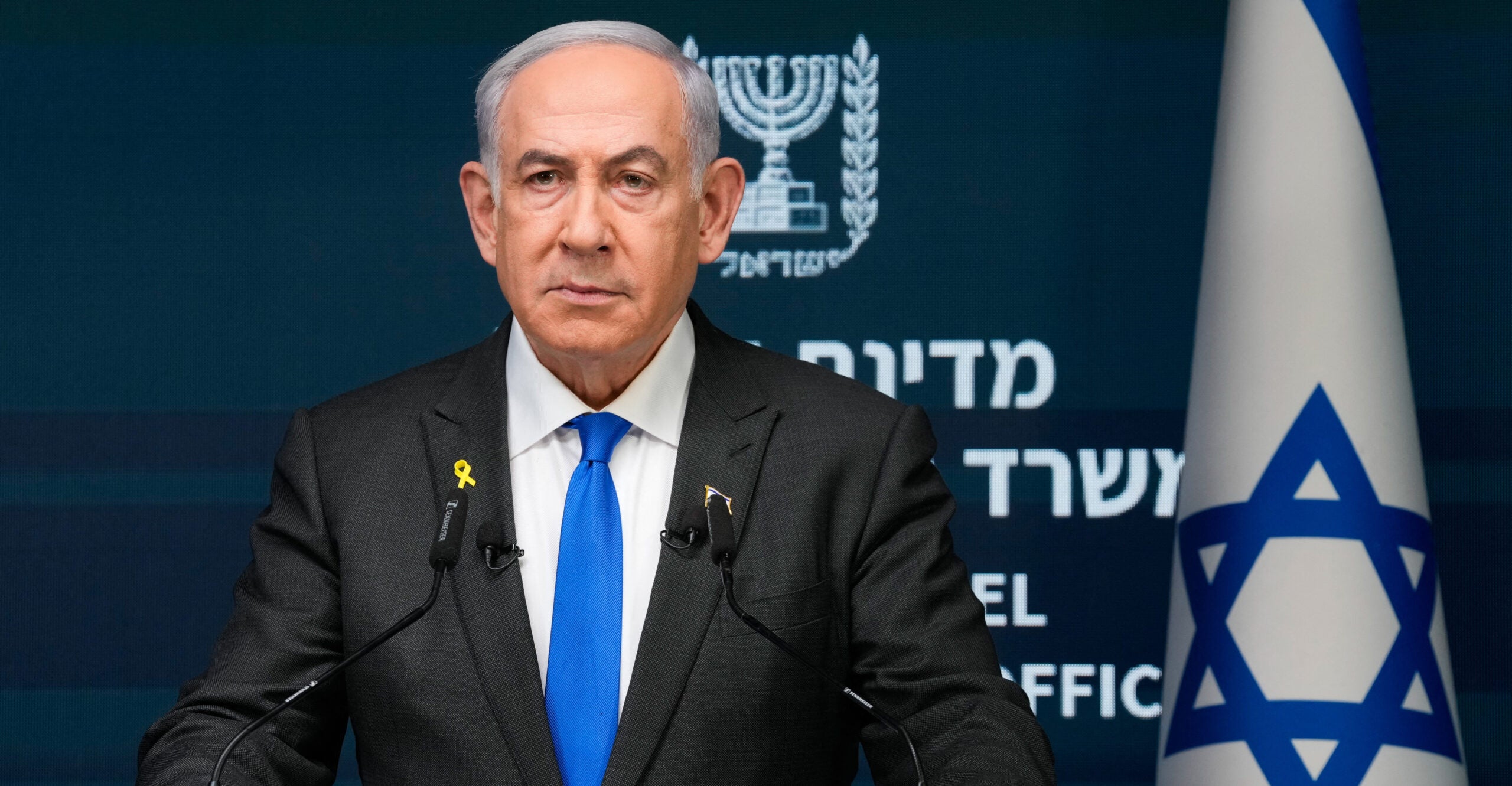
reactormag.com
Heartbreak Between Sisters Is the Power Behind Arcane
Movies & TV
Arcane
Heartbreak Between Sisters Is the Power Behind Arcane
By Aamir Mehar
|
Published on September 5, 2024
Comment
0
Share New
Share
Two sisters walk through red smoke, along a bridge strewn with rubble and bodies. The older, pink-haired sister (Vi) is wide-eyed, quiet, and horrified. The little blue-haired sister (Powder) covers her eyes and sings as if to distract herself, but once Vi stops walking, she cannot resist peeking up at her through her hand, and then uncovers her eyes completely, looking around. Powder edges nearer to Vi as they both regard the chaos around them. Vi squeezes Powder’s hand, but when she sees the body of their mother amidst the smoke, Vi falls to her knees. Powder clutches her.
This opening scene to Arcane (a Hugo nominated animated show from 2021, based on the video game League of Legends) used to be completely different. During the development, the original opening was intended to focus on the main antagonist of the series rather than the sisters. A writer on the team named Amanda Overton argued that it should be replaced with the one described above, however, and when you watch the series it’s clear that she was correct in her decision. Arcane is about many things—inequality, corruption, the joy and danger of progress—but the core is the dynamic between Vi and Powder, a dynamic suffused with love, longing, and regret. This is conjured through emotionally powerful, character-driven writing from figures such as Overton, refined voice acting from the cast, and an astonishingly accomplished handling of art and animation by the French studio Fortiche.
Arcane is split into three acts. In the first act, Vi (Hailee Steinfeld) and Powder (played by Mia Sinclair Jenness at this point) are older than in the opening scene, but are still both children. They live under the care of Vander (JB Blanc), a burly, comforting peacekeeper, in the undercity of Zaun. They have a little group of fellow troublemakers; Mylo (Yuri Lowenthal), Claggor (Roger Craig Smith), and Ekko (Miles Brown in this act), the last of whom they call “Little Man.” Vi, who is a reckless but charismatic leader, ropes them all into a robbery of an apartment in the wealthy area of Piltover, but things spiral from there into chaos.
We see, again and again, that Powder is clearly too young, inexperienced, and frankly unlucky to keep up with the others; she almost falls from a rooftop before they reach the apartment, she loses most of their loot on the way back, comes within a few seconds of alerting the authorities to their presence while they hide, and her attempts to create weapons fail. While the others look up to Vi, Powder is bullied by Mylo for her constant bumbling. We are also shown how much Vi cares for Powder; she defends her from Mylo’s bullying, and tries to encourage her. There’s a lovely moment where she strokes Powder’s cheek and Powder looks up at her warmly. “What makes you different makes you strong,” Vi tells her, a line that becomes unfortunately resonant later.
By the end of the first act, Vander has been captured by Silco (Jason Spisak), an old ally but now an enemy and the aforementioned antagonist of the show. Vi leads the others to try and rescue him, but decides to leave Powder behind, telling her that she can’t face the idea of losing her. (You have to wonder if she is also worried, despite how she defends her, about Powder’s bad luck.) Powder’s reaction to this, when they leave her alone, is depicted in a disturbing and memorable manner; she screams and sobs, slapping her own head, her body and face contorting with her frustration and anxiety. She refuses to be left alone and crushed by her own inadequacy, so she follows Vi and the others. What follows are, for me, the darkest and most harrowing scenes in the show; Powder’s attempt to help results in the deaths of Vander, Mylo, and Claggor.
The scene where Powder finds Vi over Vander’s body is heartbreaking. At first, before she realizes what has happened, she is proud as she thinks she has at last been of some use to them, but once she sees the look on Vi’s face and the devastation around her, she crumbles into a kind of panic and shock. (Steinfeld also captures so much quiet horror in Vi’s delivery of “You did this?”) The art and animation is particularly good here, as we see Powder’s intensely human expression in response, her eyes flicking around, sobs starting to jolt her body; it manages to capture a very specific emotion where one begins to realize that something awful has occurred, that it’s their fault, and that the one they care about knows it.
The reason all of this works so effectively is because of the set-up provided by most of the first three episodes. We know how much Powder has failed, how her incompetence haunts her, and how caring and protective Vi is over her. This moment where their relationship snaps revolves entirely around all those qualities coming to a head in a chilling moment. We feel how unfair it is for Powder, who brought about chaos through her good intentions, while we also feel Vi’s sadness and pain, because we have been watching both characters going through hell. (We are with Vi’s perspective when waking up to the death all around her, and we also were shown Powder’s anguish at being left alone and feeling helpless.) Now Arcane forces us to watch them together in their worst moment, where their bond breaks.
Vi does some crucial things here in regard to the development of the characters and the plot; furious and hurting, she strikes her sister and says she is indeed a ‘jinx’ as Mylo claimed, and then she walks away from Powder. Jenness is absolutely powerful here in the way she captures Powder’s emotions, with the stammering and pleading and sobbing and shouts as Vi leaves. Vi tries to return afterward, but she’s dragged away and arrested. Powder is left in the clutches of Silco. The perspective switching is once again helping to enhance the emotions here, as the audience sees Vi trying to return and failing, but Powder doesn’t. As far as she knows, Vi has completely abandoned her.
The next time Vi and Powder meet, it’s six years later. Powder (now a murderous teenager going by the name of Jinx, voiced by an older actor than before, Ella Purnell) is shocked to learn that her sister is back. In reality, Vi has only just recently been broken out of prison by a disobedient Enforcer named Caitlyn (Katie Leung). Powder lights up an old signal flare that Vi gave her (a flare that Vi promised would summon her in a scene that took place years beforehand). In a painful touch, we see the anguished faces of Mylo and Claggor fused into Powder as she sets off the flare. The art and animation tells us they’ll always be part of her shame and fear.
Vi makes good on her promise, and she turns up. It’s hard to describe just how charged this moment is for the audience unless you have seen the episodes preceding it. It’s a reunion after their last bitter time together years beforehand. It’s a chance for Vi to save Powder from the vicious path she is on. It’s Powder getting closure that she never thought she would have. The moment where you hear Vi call out Powder’s name, and the slow, disbelieving turn Powder makes is perfect to convey just how much the moment means to the latter. Vi rushes up to her and hugs her, and Powder’s response is devastating: “Are you real?” For Powder, who is plagued by a phantom of Mylo that speaks to her and appears to taunt her, she wonders if this reunion is simply too good to be true. Purnell brings a real pathos to this when you hear Powder’s voice cracking and sorrowful as she warns her sister that she’s changed. When they hug, it’s a beautiful moment of reconciliation. It doesn’t last, mainly due to Powder’s paranoia and fear once Caitlyn arrives.
Caitlyn becomes an intriguing embodiment of Powder’s deep fear and insecurity concerning Vi, a fear helped by Sevika (Amirah Vann), Silco’s associate, suggesting that Vi has “replaced” Powder with Caitlyn. It’s not true of course, but it’s certainly the case that Vi and Caitlyn form a bond during their time together, one that Vi no longer has with anyone else at this point. Powder’s fear of being replaced and abandoned is what disrupts their reunion, and is critical again in the next encounter between them, when they meet on the bridge to Piltover. Powder sees Vi and Caitlyn embrace, which seems to spark off some kind of dark thought within. “It’s just a goodbye hug,” she spits out to her inner tormenter, and then pauses in response to something else we don’t get to hear. “She wouldn’t do that. Not again.” The implication is that Vi’s bond with Caitlyn is a threat to Powder’s own sibling relationship with Vi. It’s not based on any real logic, but it’s not supposed to be; just as when she was younger, much of Powder’s perspective is skewed by fear and a deep self-doubt, and this is still there in the midst of what appears to be severe mental illness. What really provokes her is when she sees Vi running back when Caitlyn is in danger, and then the way Vi supports her, holding her up after she is wounded.
Once again, the art and animation does a lot of the work to convey Powder’s paranoia and anger. Her expression of alarm at the sight of Vi and Caitlyn together (accompanied by a small exhalation of disdain) is memorable enough in its verisimilitude, but then we see how Caitlyn transforms into an actual smiling demon from Powder’s perspective. Caitlyn has become her antagonist.
The final encounter between Vi and Powder in the final episode of the season is framed as a kind of trial which will determine if Powder can get back to her old self, or if she is now Jinx going forward. It’s no surprise that Arcane chooses the darker and less idealistic path, with Powder instinctively killing Silco, her father figure, when he aims a gun at Vi, and then deciding to embrace her current self as Jinx.
“I thought maybe you could love me like you used to. Even though I’m…different. But you’ve changed too. So here’s to the new us.”
It’s Overton, once again, who thought up this last piece of dialogue from Jinx, and it’s a powerful way of coming full circle from the opening scene that she argued for; starting with the bond between the two and ending with the bittersweet reflection on that bond and how it has changed. The symmetry doesn’t end there. At the end of every act in the show, we are given a crucial moment between Vi and Powder, all of which I have gone through above; the first, the end of episode three (The Base Violence Necessary for Change), is the one where their relationship breaks, the second, the end of episode six (When These Walls Come Tumbling Down), is where they reunite and then are separated again, and the final one is the end of episode nine (The Monster You Created), where it is Powder who leaves Vi for the very first time. The name of the song that plays to end the series is What Could Have Been (performed by Sting feat Ray Chen), and that’s certainly the same thing we are asked to contemplate about the relationship between Vi and Jinx.
Something that makes this relationship between Vi and Powder even more powerful is actually found in an official music video for the series, “Enemy” by Imagine Dragons and JID. There are scenes in this that I argue should actually be in the show itself. One of my favorites is a short segment where Powder (as her very young, act one self) sits at the bar and seems to be recalling a moment when Vi demonstrated unarmed combat moves to all the kids. Vi dances back and forth, throwing fast and polished jabs, hooks, and straight punches. We see Powder and Ekko watching carefully, and then, when everyone else has left, trying to emulate Vi in an endearingly awkward manner. Powder swings drunkenly and adds in a kick, while Ekko ends up falling over when trying to dart backwards. Afterwards, the animation lingers on Powder’s perspective. We see Vi in the midst of teaching them, her hands up as she bounces; she meets Powder’s eyes for a second and smiles. Powder recalls this and smiles to herself in response. There’s a connection there, and a warmth between the two girls. The scene helps solidify the foundation of affection between them, making the breaking apart moment in the series more effective. Later in the video there is also a haunting scene where the young Powder is helplessly slamming her hands against a wall made up of her older face as Jinx, instantly conveying the sadness of her dark persona overwhelming her old self.
Why does Powder go by the name Jinx after she is separated from Vi? Why choose the name that Mylo tormented her with, the name that Vi spat at her in their darkest moment? I can’t help but think of something Tyrion Lannister notes in George R.R. Martin’s A Game of Thrones: “Never forget what you are, for surely the world will not. Make it your strength. Then it can never be your weakness. Armor yourself in it, and it will never be used to hurt you.” It certainly feels like Silco takes this angle, arguing that she needs to let go of Powder and embrace Jinx. Powder herself, however, feels like she never really overcomes her guilt at what she has done. Jinx might be her armor, but it’s also her self-imposed punishment.
One of the co-creators of the show, Christian Linke, said the following in a documentary about the creation of Arcane:
“For Vi and for Jinx, the simple question is, can you ever forgive a monster? How far are you willing to go for your sibling? Is there a line where you just can’t go [over] for your sibling and you just have to say, “sorry, this is where I have to leave you”?” (Arcane: Bridging the Rift | Part 5 – We Gave It Our Best Shot)
Vi’s answer to this throughout all of season one is that there isn’t a line. Powder is still in there, beating against that wall of Jinx’s face, and Vi is determined to bring her out. From Powder’s perspective, however, things are a little more complex; while she blames Vi for “creating” Jinx, she chooses, at the end, to embrace this persona and attacks Piltover. While I assume Linke was talking about Vi forgiving Powder in the quote above, I think that Powder is in fact the one who has that moment of “sorry, this is where I have to leave you.” It’s a sad, dark ending, and thus one befitting the season—and the relationship between Vi and Powder—as a whole.
Season two, which airs in November, is in a tricky place. Where do you take this sibling dynamic from here, in a way that feels as natural and powerful as it did in the first season? The teaser trailer indicates that Vi has now moved towards seeing her sister as Jinx; someone that has to be fought and stopped. I don’t want to read too much into trailer material, which can be very misleading, but I’m a little nervous that the fighting might overwhelm the emphasis on the emotional complexity and tenderness in their dynamic. As long as Arcane remembers that fascinating mix at the core of Vi and Jinx’s relationship—a broken sibling bond, the bitterness and guilt of their split, the longing and pain and love—then I’ll be fascinated to see how it concludes.[end-mark]
The post Heartbreak Between Sisters Is the Power Behind <i>Arcane</i> appeared first on Reactor.

















